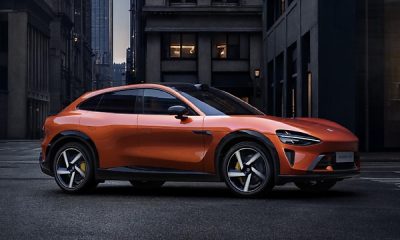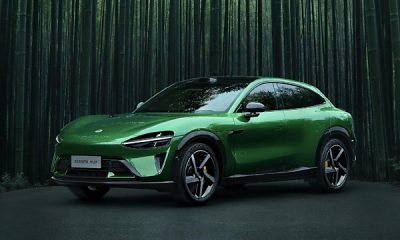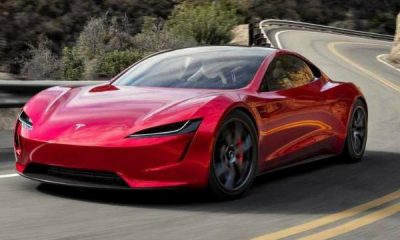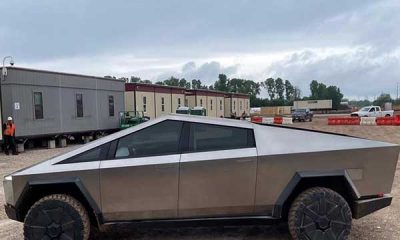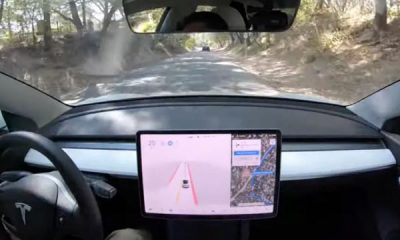Autogiant Volkswagen (VW) admits Tesla foray into Europe markets is accelerating its speed to shift to Electric Vehicles.
VW’s Wolfsburg plant, which has more than 50,000 employees, does not currently make EVs.
But the carmaker plans to produce an electric sedan there from 2026 known as the “Project Trinity.”
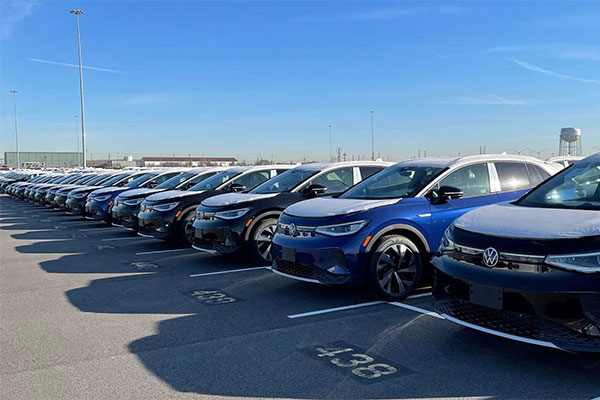
The Volkswagen Group says it is pressurizing itself to accelerate plans to convert its main plant in Wolfsburg to make electric vehicles. This is borne out of Tesla and Chinese automakers rapidly expanding into Europe.
Tesla in particular is a big worry for Germany’s largest carmaker as the US Company will soon start producing EVs at its Giga Berlin plant near the German capital.
“There is no question that we have to address the competitiveness of our plant in Wolfsburg in view of new market entrants. Tesla is setting new standards for productivity and scale in Grünheide,” VW spokesman Michael Manske said.
The representative was referring to the fact that the Tesla factory under construction near Berlin will have a peak capacity of 5,000–10,000 cars a week—more than double the entirety of German battery-electric vehicle production in 2020, according to Reuters.
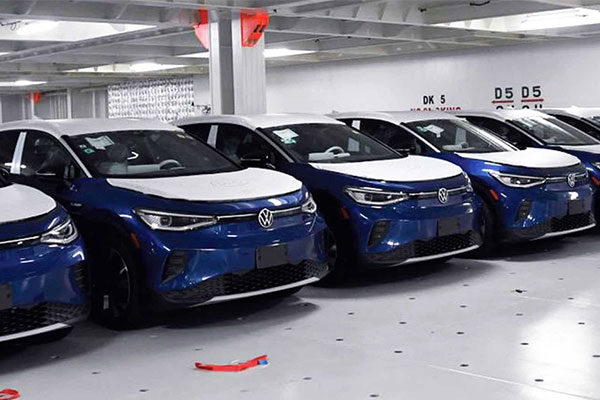
VW’s Wolfsburg plant, which has more than 50,000 employees, does not currently make EVs, but the carmaker plans to produce an electric sedan there from 2026 known as the “Project Trinity.” In light of the increased competition, the carmaker would now like to start making the flagship EV sooner.
This illustrates how implementing decisions takes more time for legacy automakers than for pure-play EV makers. German automakers are also struggling to catch up with EV companies’ more efficient production platforms. For example, it takes VW around 30 hours to produce the ID.3 whereas Tesla needs just 10 to make a Model 3.
There could be a silver lining to this, however, as VW Group CEO Herbert Diess previously said Tesla would fuel competition in Germany.
Speaking of Diess, a report published by German newspaper Handelsblatt on October 13 claimed that the CEO told a supervisory board meeting in September that the transition to EVs could cost up to 30,000 jobs at the company if it takes too long.
Diess is said to have expressed concerns over VW’s future at the September 24 meeting, arguing that the company’s costs are not right.
He said the main plant in Wolfsburg, which has been facing increased downtime lately amid chip shortages, should be converted to electric cars much sooner than 2026. He also suggested that 30,000 jobs might be lost if the automaker transitions too slowly to a battery-electric future.
Faced with backlash from VW’s works council, whose spokesperson said that “a reduction of 30,000 jobs is absurd and baseless,” Volkswagen denied making specific calculations on how many jobs could be lost in the process.
“A debate is now underway and there are already many good ideas. There are no concrete scenarios,” VW spokesman Michael Menske noted.

 News1 week ago
News1 week ago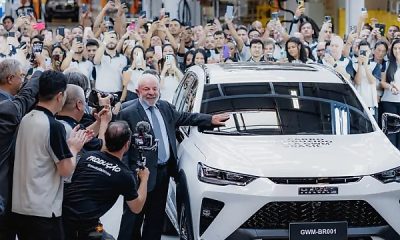
 News1 week ago
News1 week ago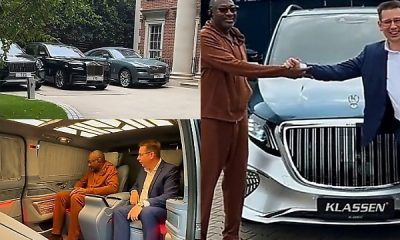
 Celebrities Auto1 week ago
Celebrities Auto1 week ago
 News5 days ago
News5 days ago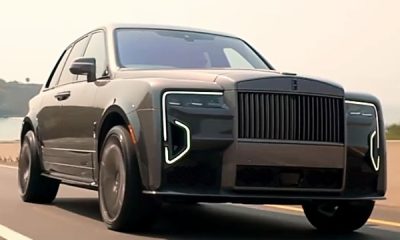
 News1 week ago
News1 week ago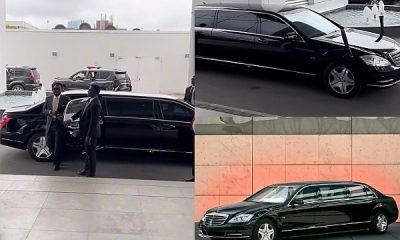
 News5 days ago
News5 days ago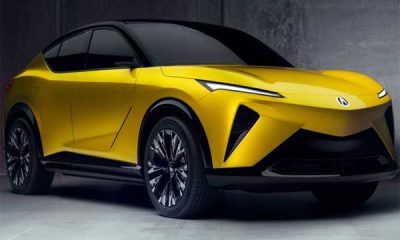
 Concept Cars1 week ago
Concept Cars1 week ago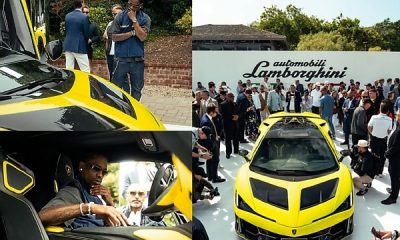
 Celebrities Auto6 days ago
Celebrities Auto6 days ago


